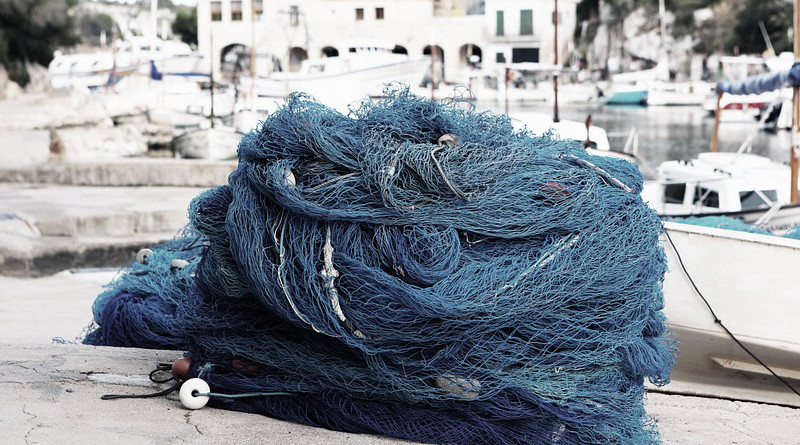Spain Reaches Agreement To Resume Activity Of Shellfish Fleet In Mauritania
Mauritania has accepted the Spanish proposal to launch an experimental prawn fishing campaign in the usual fishery operated by the shellfish fleet from Andalusia.
The Spanish Ministry of Agriculture, Fisheries and Food attended the meetings of the joint committee and fourth round of talks on renewing the fishing agreement between the European Union and Mauritania, which were held in Nouakchott (Mauritania) from February 17 to 19. This agreement benefits 65 Spanish boats, mainly from Galicia, Andalusia, the Canary Islands and the Basque Country.
According to Moncloa, the priorities for Spain during these negotiations are to improve the provisions contained in the protocol, to consolidate and effectively harness the fishing opportunities for the various categories that benefit from this agreement and to enable the fleet to operate as usual.
Mauritania has accepted the Spanish proposal for an experimental prawn campaign in the fishery that was operated by the shellfish fleet from Andalusia in the period 2008-2012 and that was closed in the last protocol, making the exploitation of fishing opportunities unworkable. The proposal is based on scientific reports from the FAO’s Fishery Committee for the Eastern Central Atlantic (CECAF), which show that the prawn stock is operated far below its maximum sustainable yield in Mauritania.
The scientific campaign, which will be undertaken by two Spanish shellfishing boats, will produce specific data on the fisheries of various crustaceans in this important area. Depending on the results obtained, Spain would request the opening of this area in the next protocol, guaranteeing the compatibility of sustainable exploitation of this resource with the local traditional fleets and respect for the environment.
Furthermore, Spain has successfully included a clause in the current protocol extension that enables catches to be landed in third countries should the border between Mauritania and Morocco ever be blockaded again, something that had a highly negative impact on the fresh fish fleets when it happened. The next protocol will allow for a swift withdrawal from the Mauritania zone should any situation of force majeure arise.
The fifth round of talks will take place in Brussels as from March 16. Spain will continue to ask for improvements in the conditions for the various categories included in the agreement, such as exploitation of by-catches and by-products, as well as reductions to the fees paid by the fresh fish fleet affected by the border blockades in 2019.
The current protocol has been extended by one year until November 15, 2020 in anticipation of an extension to the negotiation process by a few months given that this is the European Union’s most important fisheries cooperation agreement in terms of catches and financial contributions.

